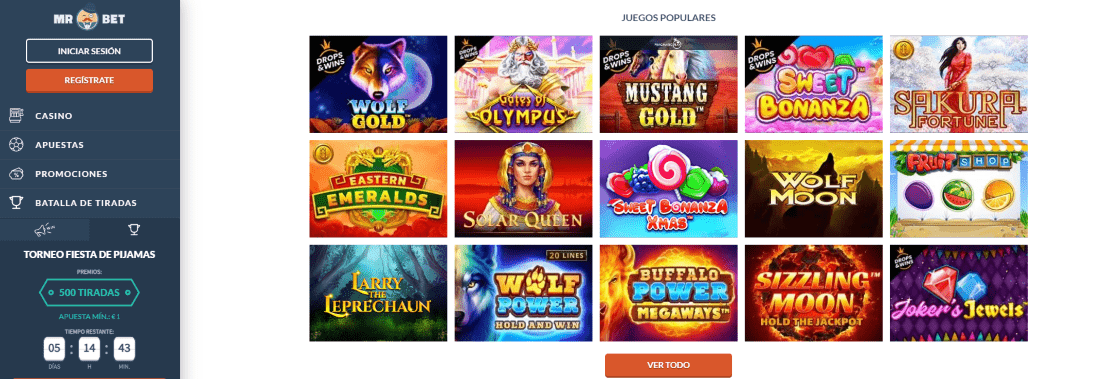- Beyond the Hype: Can You Truly Win Big – and is Chicken Road a Scam?
- Understanding the Core Gameplay of Chicken Road
- The Player Experience and Common Concerns
- Investigating the Transparency of the RNG
- Analyzing the Operator and Licensing Information
. . .
Beyond the Hype: Can You Truly Win Big – and is Chicken Road a Scam?
The online casino world is constantly evolving, with new games emerging to capture the attention of players. Recently, a game called Chicken Road has gained popularity, triggering a lot of discussion and speculation. Many players are questioning: is Chicken Road a scam? This game, known for its simple yet engaging gameplay loop, has attracted both curious newcomers and seasoned gamblers alike. Its core mechanic revolves around a chicken traversing a road filled with obstacles, with the potential for escalating multipliers and substantial payouts. However, beneath the surface of its addictive gameplay, concerns persist regarding its fairness and legitimacy. This article delves into the mechanics of Chicken Road, explores the player experience, investigates potential red flags, and aims to provide a comprehensive evaluation as to whether it’s a legitimate form of entertainment or a cleverly disguised scheme.
Understanding the Core Gameplay of Chicken Road
Chicken Road is a “crash” style game, meaning the potential payout increases with each step the chicken takes along a road comprised of multiple lines. Players place a bet before each round, and the objective is to cash out before the chicken inevitably crashes. The longer you wait, the higher the multiplier, and thus, the greater the potential win. However, the game features four different difficulty levels – Easy, Medium, Hard, and Hardcore – each offering a different number of lines and corresponding risk. Easy mode has 25 lines, meaning a 1/25 chance of the chicken colliding, while Hardcore mode only offers 15 lines, significantly increasing the risk to 1/15. This variation in risk plays a significant role in the overall strategy and appeal of the game. The game’s fast-paced nature and the promise of a large payout keep players engaged and returning for more.
The Return to Player (RTP) percentage for Chicken Road is advertised as 98%, which, on paper, is relatively high compared to many other casino games. However, it’s important to remember that RTP is a theoretical value calculated over a long period of play and doesn’t guarantee any specific outcome for individual players. The game also features a betting range from £0.01 to £200 per round, with a maximum potential win of £20,000 on the Hard and Hardcore modes achieving a 100x multiplier. This large maximum payout is one of the main draws for players, tempting them to take on the increased risk of the higher difficulty levels.
| Easy | 25 | 1/25 | Conservative, suitable for beginners |
| Medium | 22 | 3/25 | Balanced risk and reward |
| Hard | 20 | 5/25 | More aggressive, higher potential payout |
| Hardcore | 15 | 10/25 | High risk, for experienced players only |
Understanding these mechanics is crucial for accurately assessing if Chicken Road offers a fair experience. The blend of straightforward rules, variable risk levels, and the potential for significant winnings contributes to its captivating, yet potentially problematic, nature.
The Player Experience and Common Concerns
Many players initially find Chicken Road appealing due to its simple interface and the thrill of chasing a large multiplier. The game’s aesthetically pleasing visuals and quick gameplay loop are also often cited as positive aspects. However, a growing number of reports and online discussions raise valid concerns. One frequent complaint centers around the alleged unpredictability of the game’s results, with some players claiming the chicken crashes suspiciously early or at seemingly random intervals. This fuels accusations that the game may be rigged or unfairly biased against players. Others express anxiety about potentially addictive qualities, stating that the feeling of ‘almost winning’ encourages repetitive play, leading to significant financial losses.
Furthermore, some players report difficulties with withdrawing their winnings, citing unreasonable delays, requests for excessive documentation, or even outright refusal to pay out. This adds another layer of suspicion, leading many to question the operator’s integrity. It’s essential to clarify that such complaints aren’t necessarily conclusive proof of a scam, but they do warrant careful consideration. It’s common for online casinos to have withdrawal limits and verification procedures to prevent fraud, but these processes should be transparent and efficiently managed. Delays and issues should be minimal, adhering to advertised timeframes
- Concerns regarding the random number generator (RNG) used in the game.
- Reports of delayed or denied withdrawals.
- Claims of unusually early crashes, leading to suspicion of foul play.
- The game’s potentially addictive nature and its impact on financial well-being.
The varying experiences of players are noteworthy, with some successfully withdrawing funds and enjoying the game responsibly and others encountering frustrating issues. This dichotomy makes it challenging to form a definitive conclusion.
Investigating the Transparency of the RNG
A core component of fairness in any casino game is the Random Number Generator (RNG). If the RNG isn’t truly random, or, if it is manipulated, then the game cannot be considered fair. Determining the legitimacy of the RNG used in Chicken Road is extremely difficult. Reputable online casinos typically have their RNGs independently audited by third-party testing agencies, such as eCOGRA or iTech Labs. These audits verify that the RNG functions correctly and generates random results. However, many platforms hosting Chicken Road do not publicize such audit reports, creating a substantial lack of transparency. This lack of independent verification is a significant red flag, strengthening the is Chicken Road a scam argument. Without verifiable proof of a fair RNG, players are essentially trusting the operator’s word, which isn’t sufficient in an industry prone to unscrupulous practices.
The opacity surrounding the RNG isn’t unique to Chicken Road; it is a recurring issue with many newer, lesser-known casino games. This underscores the importance of playing at established, licensed casinos with a proven track record of integrity. Responsible casinos will readily share information about their RNGs and their licensing credentials, demonstrating their commitment to fairness and player protection. The less information a platform provides, the more cautious players should be. It is worth noting that even an audited RNG doesn’t guarantee winning payouts, but it is essential for ensuring fair game play.
- Check if the casino provides information about their RNG.
- Verify the RNG is audited by a reputable third-party testing agency.
- Look for the logos of audit agencies on the casino’s website.
- Contact customer support and request documentation of their RNG certification.
Analyzing the Operator and Licensing Information
Beyond the specifics of the game, the reputation and licensing of the platform hosting Chicken Road necessitate scrutiny. Determining which entity runs Chicken Road, even more, can be inconsistent. Unfortunately, many sites that promote Chicken Road operate with a degree of ambiguity regarding their ownership and regulatory oversight. It is not typical for legitimate online casino operators to conceal their business details. Proper licensing guarantees that the operator is adhering to certain standards of fairness, security, and responsible gaming practices. Reputable licensing jurisdictions include the United Kingdom Gambling Commission (UKGC), the Malta Gaming Authority (MGA), and the Gibraltar Regulatory Authority (GRA).
However, some operators choose to obtain licenses from less stringent jurisdictions, which offer fewer protections for players. The obscurity surrounding the license information for many Chicken Road sites raises significant concerns. Players should research the licensing details meticulously before depositing any funds. It is always advisable to thoroughly vet the platform’s reputation, searching for reviews and feedback from other players. A history of unresolved complaints or negative comments should serve as a warning sign. Taking these steps could prevent you from falling victim to a fraudulent operation.
| UK Gambling Commission (UKGC) | Very High | Excellent |
| Malta Gaming Authority (MGA) | High | Good |
| Gibraltar Regulatory Authority (GRA) | High | Good |
| Curacao eGaming | Low | Limited |
The effort required to ascertain the legitimacy of the operator is a crucial step in avoiding potential scams. Always prioritize platforms that are transparent and possess a credible license from a well-respected regulatory body.
Ultimately, while Chicken Road’s core mechanic is relatively simple, the lack of transparency regarding its RNG, coupled with concerns about operator integrity and withdrawal processes, warrants significant caution. While it may not be a direct “scam” in the sense of being entirely fraudulent, the existing risks and uncertainties present a clear danger to players. Proceed with caution, and thoroughly research all aspects of the game and the platform before placing any bets.












